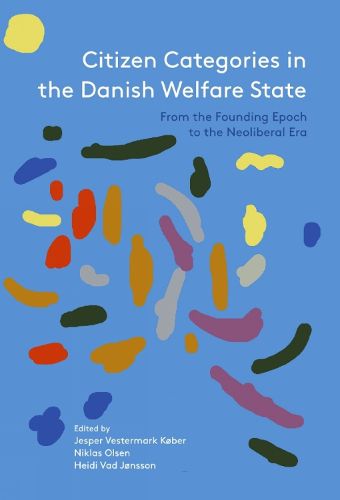Readings Newsletter
Become a Readings Member to make your shopping experience even easier.
Sign in or sign up for free!
You’re not far away from qualifying for FREE standard shipping within Australia
You’ve qualified for FREE standard shipping within Australia
The cart is loading…






Citizen Categories in the Danish Welfare State approaches the question of the political legitimacy of the welfare state from a new perspective. It argues that legitimation of the welfare state is inextricably linked to particular ideas about the nature of its citizens, encompassed in so-called citizen categories. The volumes explore the making and function of eight such categories in the Danish welfare state from the late nineteenth century until today: the worker, the consumer, the democrat, the mentally ill, the migrant, the patient, the unemployed and the entrepreneur. Offering the first major study of citizen categories, their origins and alterations over time and their role in shaping welfare policies and institutions, the volume helps us bridge the gap between our understanding of the historical development of the welfare state and the present political situation.
$9.00 standard shipping within Australia
FREE standard shipping within Australia for orders over $100.00
Express & International shipping calculated at checkout
Citizen Categories in the Danish Welfare State approaches the question of the political legitimacy of the welfare state from a new perspective. It argues that legitimation of the welfare state is inextricably linked to particular ideas about the nature of its citizens, encompassed in so-called citizen categories. The volumes explore the making and function of eight such categories in the Danish welfare state from the late nineteenth century until today: the worker, the consumer, the democrat, the mentally ill, the migrant, the patient, the unemployed and the entrepreneur. Offering the first major study of citizen categories, their origins and alterations over time and their role in shaping welfare policies and institutions, the volume helps us bridge the gap between our understanding of the historical development of the welfare state and the present political situation.